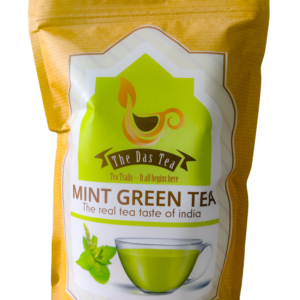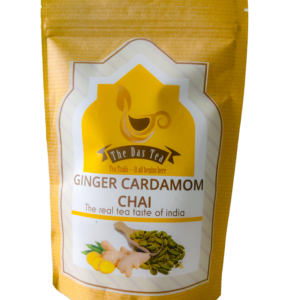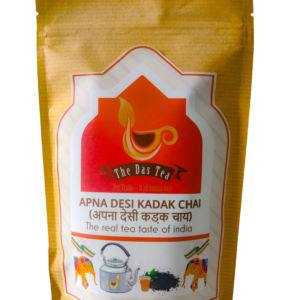The impact of tea on mental health and stress reduction.
Tea is one of the most widely consumed beverages in the world. For many, a hot cup of tea is the perfect antidote to a stressful day, offering a moment of calm and relaxation. But did you know that tea can also have a significant impact on mental health and stress reduction?
Numerous studies have shown that tea contains compounds that have a positive effect on mood and cognitive function. One of the most well-known of these is L-theanine, an amino acid found almost exclusively in tea. L-theanine has been shown to have a calming effect on the brain, promoting relaxation without causing drowsiness. This is because it increases levels of GABA, a neurotransmitter that has a calming effect on the brain.
In addition to L-theanine, tea also contains caffeine, which has been shown to have a positive effect on cognitive function, including attention, alertness, and memory. However, unlike coffee, tea contains lower amounts of caffeine, which means that it is less likely to cause jitteriness or anxiety.
Another compound found in tea is epigallocatechin gallate (EGCG), a type of catechin that has been shown to have neuroprotective effects. It has been suggested that EGCG may help to protect against the development of neurological disorders such as Alzheimer’s disease and Parkinson’s disease.
One study, published in the Journal of Nutrition, Health & Aging, found that regular tea consumption was associated with a lower risk of cognitive impairment in older adults. The study followed 957 Chinese adults over the age of 55 for five years, and found that those who drank tea regularly had a 50% lower risk of cognitive impairment than those who did not drink tea.
Tea has also been shown to have a positive effect on mood. One study, published in the Journal of Psychopharmacology, found that consuming black tea reduced stress hormone levels and promoted feelings of relaxation. The study involved 75 young adults who were given either a placebo or a beverage containing 50mg of caffeine and 100mg of L-theanine. The participants who consumed the beverage reported feeling more relaxed and alert than those who received the placebo.
Finally, tea has been shown to have a positive effect on sleep. One study, published in the Journal of Clinical Sleep Medicine, found that drinking chamomile tea before bed improved sleep quality in people with insomnia. Chamomile is known for its calming properties, and the study suggests that it may help to promote relaxation and sleep.
In conclusion, tea has a range of compounds that have a positive effect on mental health and stress reduction. From L-theanine and caffeine to EGCG and chamomile, the benefits of tea are numerous and varied. So, the next time you’re feeling stressed or anxious, try reaching for a hot cup of tea. It might just be the perfect antidote to a busy day.



